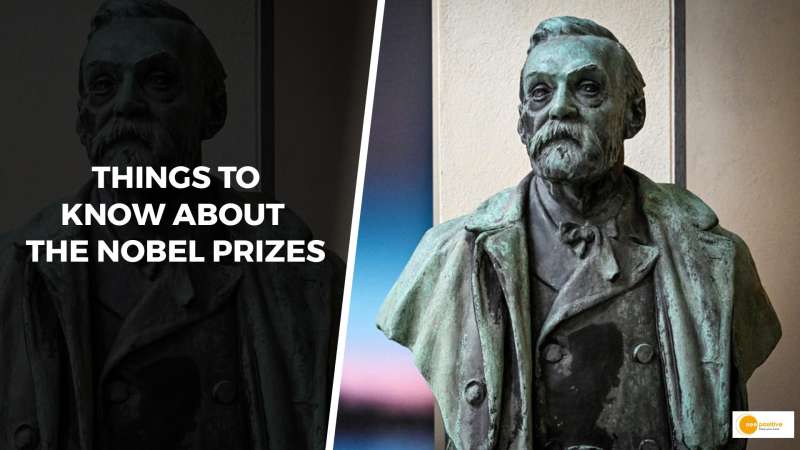The Nobel Prizes were established in the will of Alfred Nobel, a Swedish chemist and inventor of dynamite. Nobel was a pacifist, and he wanted to create awards that would recognize and encourage people who were working to make the world a better place.
What are the Nobel Prizes?
There are six Nobel Prizes, each awarded in a different category:
- Physics: For outstanding discoveries in the field of physics.
- Chemistry: For outstanding discoveries in the field of chemistry.
- Physiology or Medicine: For outstanding discoveries in the field of physiology or medicine.
- Literature: For outstanding works of literature.
- Peace: For outstanding work in the field of peace.
- Economics: For outstanding contributions to the field of economics.
Who can win a Nobel Prize?
Anyone can win a Nobel Prize, regardless of their nationality, race, or gender. However, there are a few criteria that must be met in order to be nominated for a Nobel Prize.
How are Nobel Prizes awarded?
Nobel Prizes are awarded by different committees, each responsible for a different category. The committees are made up of experts in their respective fields.
Fun facts about the Nobel Prizes
- The Nobel Prizes have been awarded since 1901.
- There have been over 900 Nobel laureates.
- The youngest Nobel laureate was Malala Yousafzai, who won the Nobel Peace Prize in 2014 at the age of 17.
- The oldest Nobel laureate was Leonid Hurwicz, who won the Nobel Prize in Economics in 2007 at the age of 90.
- The only person to have won two Nobel Prizes in two different categories was Marie Curie, who won the Nobel Prize in Physics in 1903 and the Nobel Prize in Chemistry in 1911.
How to learn more about the Nobel Prizes
Conclusion:
The Nobel Prizes are a celebration of human achievement. They recognize and encourage the people who are working to make the world a better place. The Nobel Prizes are a reminder that we are all capable of great things.


